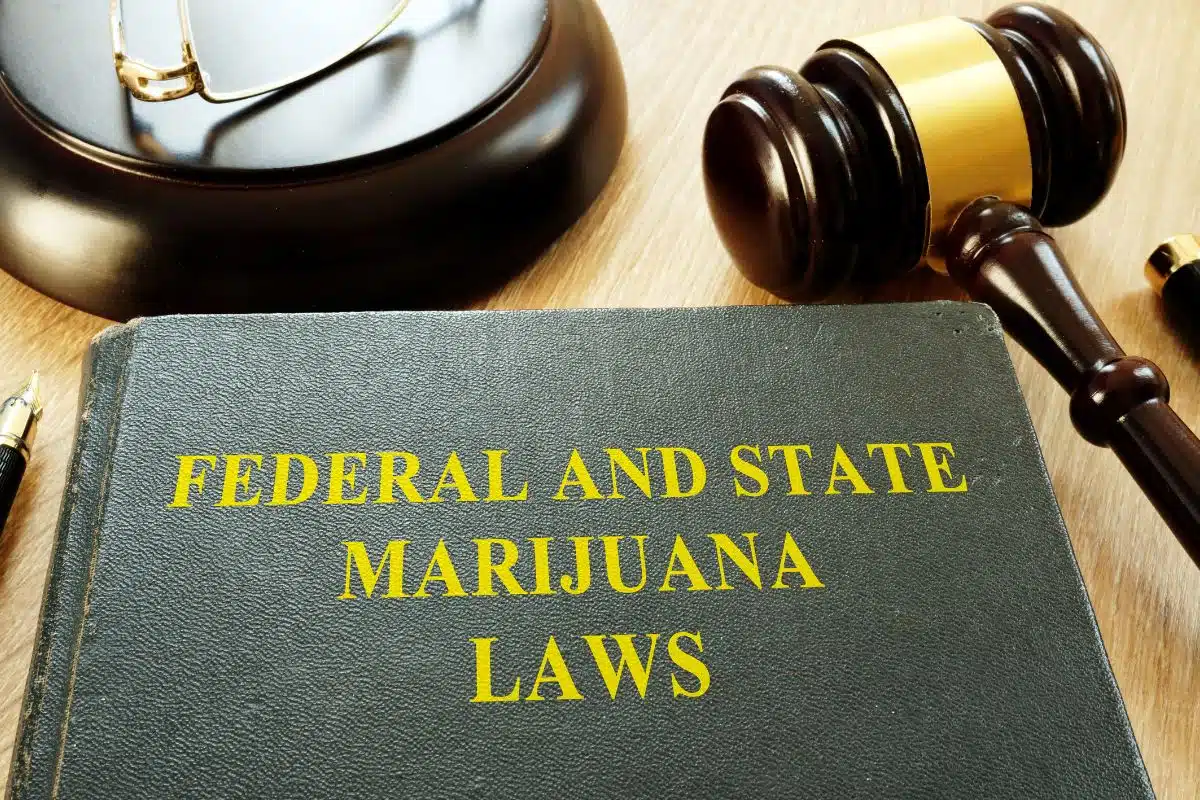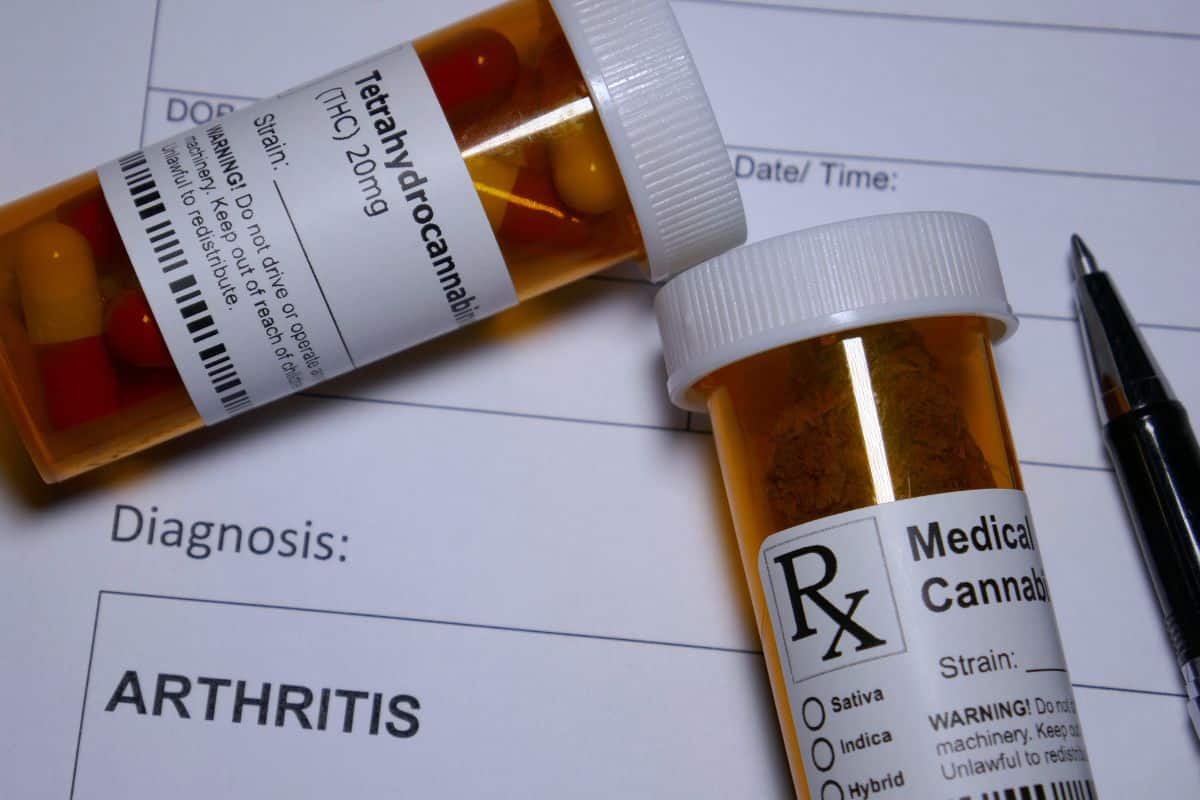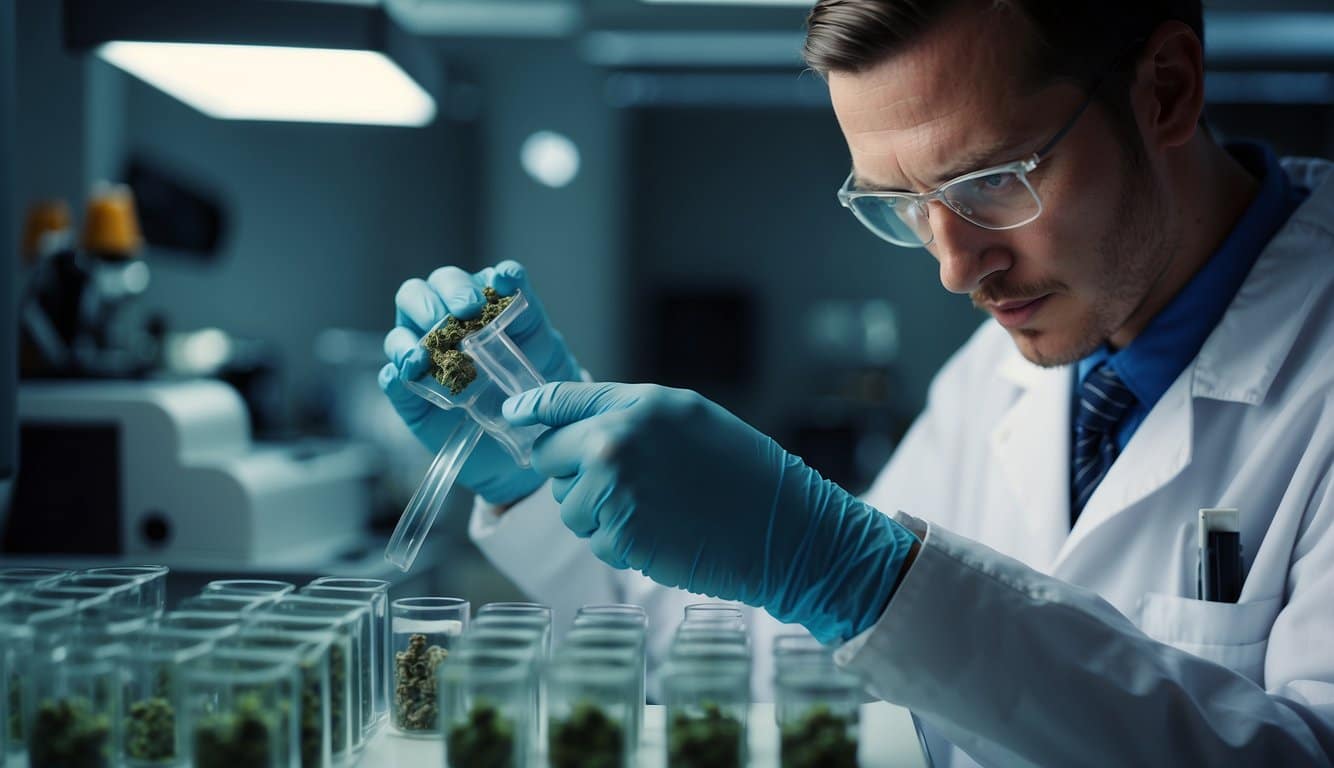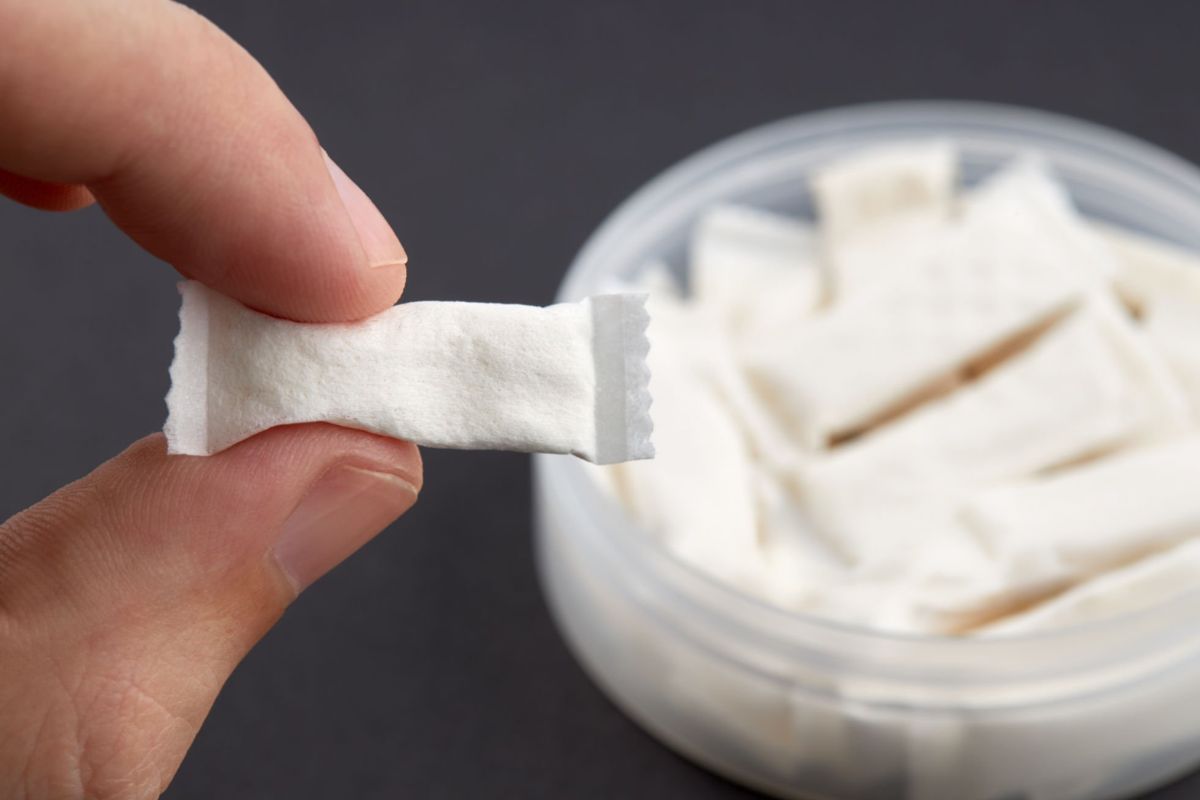Is THCP Legal in Texas? Essential Insights and Current Regulations
With the introduction of THCP into the cannabis market, the game has changed; you can now walk into a store and get a more potent hemp-derived cannabinoid sure to give you the therapeutic or relieving effects you want compared to the others, particularly THC.
However, because of how relatively new THCP is in the market, the status of its legality is an issue that bothers the minds of users over and over again.
No one wants to get in trouble with the law because they got some cannabis plants so, in this article, we’ll look at the legality of THCP, particularly in the state of Texas.
So, if you’re reading this from Texas, howdy, and let’s get into the question: Is THCP legal in Texas?
What is THCP?
THCP, or tetrahydrocannabiphorol, is a cannabinoid naturally found in the cannabis plant that has drawn considerable attention due to its potent psychoactive effects.
THCP’s Structural Chain
Unlike the more familiar Delta-9 THC, the THC-P flower features an extended alkyl side chain that significantly increases its binding affinity to CB1 receptors in the brain.
This structural difference is believed to be what accounts for its heightened potency, with early research suggesting that even small doses of THCP could produce effects that are several times stronger than those of Delta-9 THC.
The science understanding the unique properties of this compound is still developing to shed new light on how it interacts with the human endocannabinoid system but alongside its potential as a more powerful psychoactive agent, the THC-P flower’s discovery and study let us know other important considerations regarding its therapeutic applications and legal status.
There are many benefits of the compound that have been explored not only in terms of recreation but also for potential benefits in clinical settings, such as pain management or inflammation reduction.
Federal Regulations and Legal Status

Because of the relative newness of THCP to the scientific literature, regulatory frameworks governing it are still evolving in many jurisdictions, which is why we need to be informed about the latest legal updates and safety guidelines related to THCP use.
Now, let’s look at the legal status of THCP on a federal scale:
The 2018 Farm Bill
At this point, we’ll talk about the 2018 Farm Bill because it marked a pivotal shift in the U.S. agricultural and drug policy by legalizing hemp and its derivatives, including lesser-known cannabinoids such as THCP.
The legislation clarified that hemp-derived compounds are federally legal as long as the final product contains less than 0.3% Delta-9 THC.
As a result, THCP—a cannabinoid attracting interest for its potential pharmacological properties—falls under this legal framework, allowing for its production and distribution without falling under the strict regulations that govern marijuana.
The 2018 Farm Bill basically paved the way for a burgeoning hemp industry to expand opportunities for research, development, and commercial application of various hemp-derived substances.
General Regulation
Generally, at the federal level, hemp products, including those containing THCP, are regulated by the U.S. Department of Agriculture (USDA).
The USDA regulates these products to ensure that they meet specific criteria to maintain their legal status, particularly keeping their potency levels within the prescribed limit.
As such, THCP is not considered a controlled substance under federal law.
Texas-Specific Regulations
It is important to note here that while the federal framework may provide a clear regulatory pathway to the legal status of THCP, state-specific laws and policies are a whole different ballgame, which we’ll look at here by focusing on what the law is in the great state of Texas.
Fortunately, Texas adheres to federal guidelines regarding the regulation of hemp products and the state makes sure its regulatory framework aligns with the standards established under federal law.
For instance, the legal definition of hemp in Texas is the same under federal guidelines which state that the product must contain less than 0.3% Delta-9 THC by dry weight.
The Texas Department of State Health Services also plays a critical role in overseeing the sale and distribution of these products, ensuring compliance and safeguarding public health.
So, Texas has a robust regulatory environment that supports a market where hemp-derived products can be distributed legally and safely, in full accordance with federally mandated limits.
In addition to the strict federal compliance, Texas law also specifically allows for the sale and use of hemp-derived cannabinoids, including THCP, provided that THCP products meet the requirement of containing less than the 0.3% Delta-9 THC threshold, making THC-P legal.
Medical Use and Cannabis Program

Texas has a cannabis program called the Texas Compassionate Use Program that permits limited use of medical cannabis for patients with specific qualifying conditions. Under this program, only low-THC cannabis products or medical marijuana are available, as regulated by the Texas Department of State Health Services.
The regulation by the Department of State Health Services is to ensure that the available products are strictly controlled and monitored, providing a safe alternative for patients with conditions such as epilepsy, multiple sclerosis, and other chronic neurological or debilitating disorders.
Besides the medical cannabis program, emerging research into cannabinoid compounds has also sparked interest in these compounds beyond their currently approved formulations.
For instance, THCP has been noted for its potent effects and potential therapeutic benefits, and although THCP is not yet approved for medical use in Texas, ongoing studies suggest that its unique properties could offer significant advantages in treating complex medical conditions.
So, as the body of scientific evidence grows and regulatory frameworks evolve, there is potential for future updates to programs like the Texas Compassionate Use Program to incorporate a broader spectrum of cannabis-based therapies, including potentially potent cannabinoids like THCP.
Hemp vs. Marijuana

In understanding the legal status of cannabinoids such as THCP in full, we also need to understand the legal distinction between hemp and recreational marijuana.
Under both federal and Texas state law, hemp is defined as any cannabis plant or derivative that contains less than 0.3% Delta-9 THC—a threshold established by the 2018 Farm Bill and reinforced by state regulations.
This threshold is what differentiates hemp from marijuana, which contains higher concentrations of THC and is therefore classified as a controlled substance under federal law.
Because THCP is derived from hemp, products containing this cannabinoid are legally permissible in Texas, provided they meet the strict THC content limits and this clear regulatory demarcation is essential for businesses and consumers, as it determines the cultivation, manufacturing, and commercial distribution practices allowed within the state.
Market Impact and Availability
The legalization of hemp has now significantly transformed the cannabis market because with it, we have a new era of agricultural and technological innovation that has redefined hemp as a legitimate agricultural commodity with vast industrial potential compared to marijuana.
Now, there are new avenues for research and product development, especially through the exploration of emerging cannabinoids like THCP, which promise unique pharmacological profiles. In line with this, the market has witnessed an explosion of THC-P products that cater to a wide spectrum of consumers—from seasoned cannabis connoisseurs to newcomers curious about hemp’s potential benefits.
We’ve also seen the introduction of refined vape cartridges, disposable pens, and an assortment of edibles and oils to give users consistent quality and safe consumption experiences.
Drug Testing and Detection

From an employment and legal perspective, understanding the detection risks associated with THCP is critical.
A key thing to note about THCP is that it closely resembles Delta-9 THC (Δ⁹‐THC) in chemical structure, which is why it can trigger similar responses in standard drug tests. These drug tests are the ones primarily designed to detect THC and its metabolites—especially THC‐COOH—rather than specific cannabinoids.
Now, because THCP shares key structural features with THC, it is metabolized by the body in a similar manner, potentially forming analogous metabolites that show up on routine immunoassays used in workplaces and law enforcement screenings.
So, even though current drug tests may not specifically be designed to target THCP, cross-reactivity remains a considerable risk, which means that your THCP use may inadvertently result in a positive result for THC.
Researchers have also observed that even trace amounts of potent cannabinoids like THCP can be detected by tests intended for Δ⁹‐THC due to their similar binding affinities to cannabinoid receptors, which underscores the importance of understanding their metabolism and excretion profiles prior to use.
Factors such as dosage, frequency of use, individual metabolism, and even the type of product consumed are important things too that can further influence detection windows, making it essential for you to be aware of these implications and consider them carefully before using THCP.
Recreational Use and Implications
In Texas, the recreational use of cannabis remains firmly prohibited, because of the state’s long-standing commitment to stringent drug policies and public safety.
The legal framework of the state prohibits not only marijuana itself but also products containing high concentrations of THC, which are often the cause of recreational abuse and potential negative societal impacts.
This approach by Texas is based on decades of policy decisions that prioritize public health and crime prevention, manifesting itself in rigorous enforcement measures.
So, the rest of the world may have differing views on the recreational use of cannabis but Texas continues to uphold its strict regulations, emphasizing controlled access and limited exceptions largely confined to specific medicinal or research contexts.
Generally, while THC-P products are legally available in the state, they are not intended for recreational purposes and experts advise against such use due to the associated health risks and the possibility of adverse side effects.
Conclusion
So now you know the particulars – THCP is considered permissible in Texas in accordance with the state’s commitment to the federal directives established by the 2018 Farm Bill. By adhering to these federal guidelines, Texas has positioned itself within a regulatory framework that not only facilitates agricultural innovation but also encourages the exploration of emerging cannabinoids like THCP.
This legal environment provides a foundation for both commercial endeavors and scientific investigations, ensuring that stakeholders comply with established standards while exploring the benefits and nuances of hemp-based compounds.
Research into THCP is expected to continually evolve, with further insights into its pharmacological properties and potential therapeutic applications being highly anticipated. Regulatory measures are also expected to adapt as new data becomes available, fostering an environment where both innovation and consumer safety are prioritized.
This dynamic landscape underscores the promise of THCP as a subject of significant interest for researchers, medical professionals, and industry leaders alike, paving the way for groundbreaking advancements in cannabinoid science.









